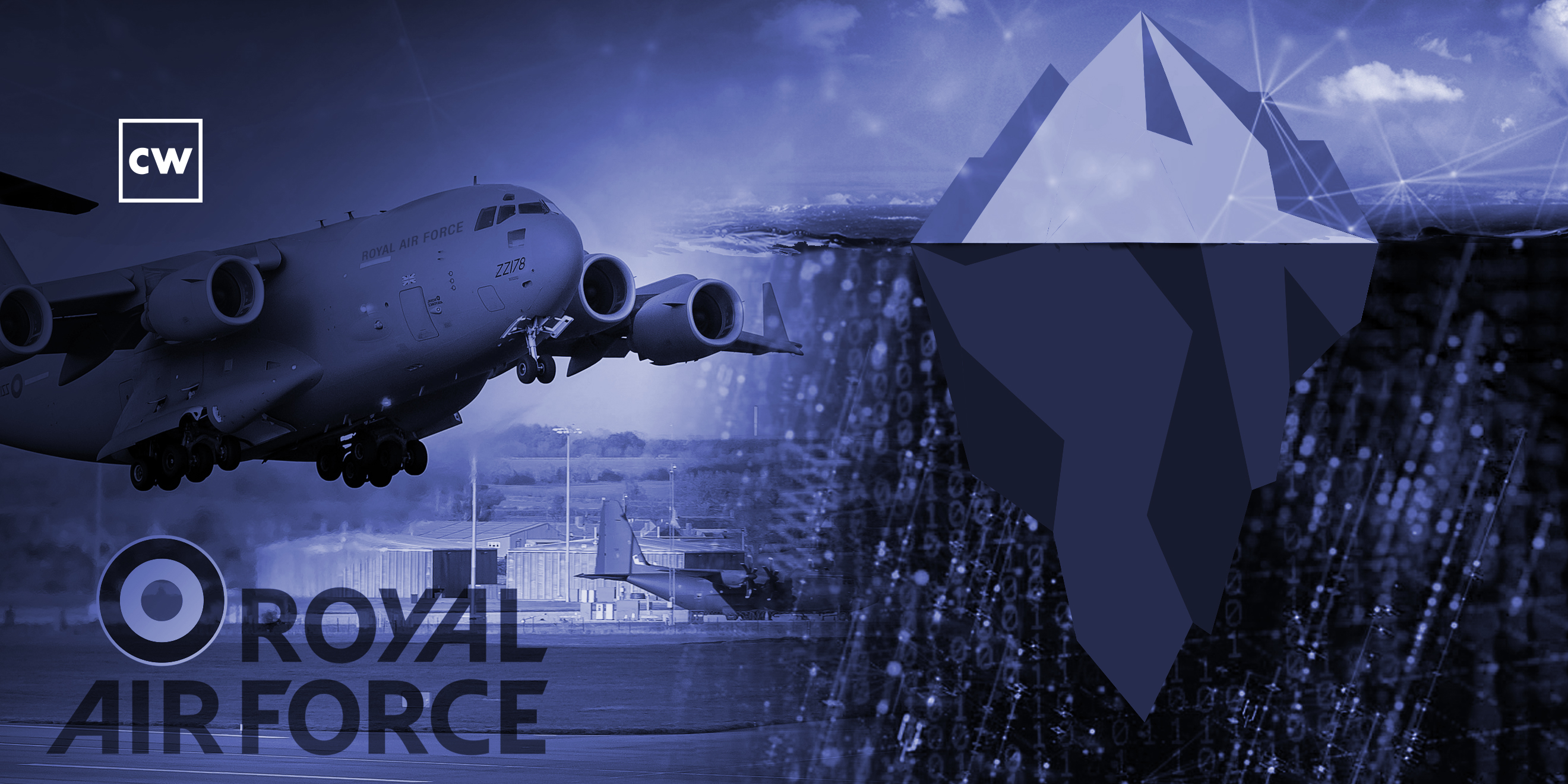
Rich Hale: Understanding the data. [CTO]
Rich Hale: My name's Rich Hale. I'm ActiveNav's Chief Technology Officer.
Rich Hale: I wanted to be a board game designer and player. I had my time with electronic games, of course. And I always wanted to be a programmer, but when I boil it down, I wanted design board games and I still love playing board games today. If you talk to my colleagues, my friends, my family they'll tell you that ultimately I wanted to join the Air Force. I actually did manage to achieve that one. I haven't yet designed a single board game successfully.
Rich Hale: I went through my equivalent of high school and then I went to university in London. And, I studied aeronautical engineering there and then I went on to the Air Force. I took a year out before I went to university. Really lucky to have a chance to travel a bit visit other air forces around the world and also had a chance to learn to fly as well. So that was my kind of year out before I went off to college.
Rich Hale: For 16 years I had a really good time. I valued the camaraderie. I valued the sense of purpose. I had a good chance to travel and did some operational tours. I was lucky enough to serve on a wide range of different platforms from training aircraft to bombers, and all the way into procurement and policy as well. I did it pretty varied time. I think it positioned me really well for many aspects and left me short of some important commercial lessons I've had to learn quickly since.
Rich Hale: In the British military, you get to deploy, but to, to go away and live in another country for a period is an unusual thing. And I was lucky to get two years in Texas working with Raytheon company in a new aircraft acquisition. And what I learned through that process is that it really it wasn't the Air Force that was getting me excited, it was the massive change program that comes with procuring a new whole new aircraft system. I got a sense that the classic military wasn't really my calling. I came back to the UK, and there was an empty post for what was called the defense information infrastructure program, which was essentially the largest migration of technology I believe in the UK at the time, 720,000 users to be migrated onto a whole new infrastructure. The tasks essentially boiled down to how does the, what does the Air Force do with this data? And I was asking the very obvious question, how do I know what to do with my data if I don't know what it is? And, that's when I met ActiveNav and I got involved in designing the software that would enable the Air Force to understand its data holdings overall. I took the MBA, the master's of business administration in preparation for leaving and the ActiveNav CEO offered me a job and here I am.
Rich Hale: We are looking to enable organizations really to shed light on their data and technology really hasn't cracked that problem yet. And, uh, it brings such an enormous range of challenges.
Rich Hale: Dark data is all that stuff built up over years and years by users in wild places like SharePoint, in Teams, in Slack, in all the collaborative systems where users get together and work together and they create enormous amounts of data in very uncontrolled ways and it never gets touched. It contains sensitive data, risky data. It contains personal data, all sorts of data that shouldn't just be left, lying around but it does. And it exposes organizations to risk, to breach, like a dark web inside your own organization's intranet. And so our job is to shed light on that so organizations can appropriately secure and look after it.
Rich Hale: I spend my time communicating our vision to the business, making sure everyone understands and remains aligned. I'm a big fan of teams and people being aligned. When you grow a business, it's of course it's important that everyone works hard, but it's also important that everyone works hard pulling in the same direction. I like to lead with vision. In my recent years in ActiveNav, as we've really started to grow, I've got very excited by, flat leadership, flat organization structures. And what I like to think of as servant leadership, which is making sure that teams are well-resourced, well- motivated, well- aligned around the vision and then empowered to make the change the business needs to make. I spend a lot of time thinking about how I can make my teams cooler, smarter, faster, and trying to climb over what I call my own founder syndrome and let go of the reins as quickly as I possibly can.
Rich Hale: For me, when you see that you're making progress overall, then, you know, it's easy to take the tough days. And then I think the other thing I've learned is don't be afraid to reach out to other people. It's not a bad thing to show some vulnerability and if you're having a tough day, you can reach out to your colleagues. I mean the toughest thing about a career shift, I give credit to the British military, the Royal Air Force. They prepare their people very well for change. Um, but certainly it's daunting stepping across the line. What I would say is, you have confidence, you can do it. It's worth looking twice before you jump, make sure that you're not going on a whim, but, um, take a risk, take a chance. I think , there are very few things these days, which are unrecoverable. And it also always helps to have something smart to say as well.
